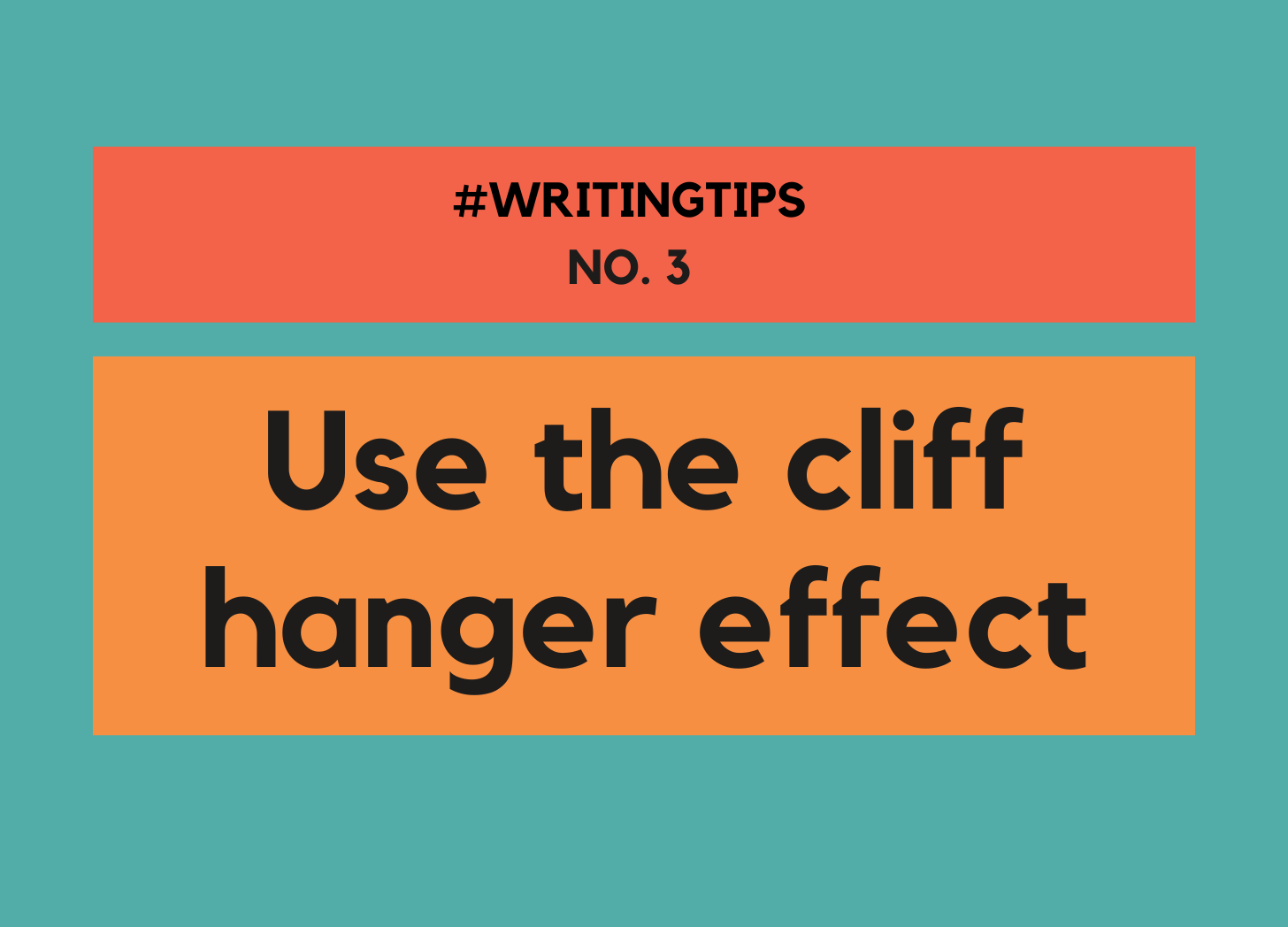Crime-writer Agatha Christie had a knack for hooking her readers. Her page-turning mysteries were crafted using multiple storylines with unresolved threads. Similar to the end of chapter cliff-hanger, she left readers in suspense, eager to find out what happens next.
Our brains hate open loops. When we encounter unresolved storylines we tend to remember them. This psychological state is called the Zeigarnik Effect after the researcher who discovered it.1 Unresolved or interrupted tasks act as a mental sign to seek completion. That keeps us reading and can keep us writing.
For Christie, writing complicated plots kept her interested and engaged – perhaps one of the reasons she was so damn prolific.2
The power of incomplete tasks
As well as helping us craft cliff-hangers that hook readers, the Zeigarnik Effect can also power you through the writing process. Once you start a task, even if you don’t finish it, your brain will remind you to complete it.
Ernest Hemingway famously said:
“The best way is always to stop when you are going good and when you know what will happen next.”
Hemingway believed that stopping mid-sentence maintained momentum. By doing this, he could avoid feeling stuck the next day since he'd know exactly where to pick up.
He’s right. Stopping mid-sentence creates a natural starting point for your next writing session making it easier to dive back into the flow of writing.
Stop like Hemingway
Here’s a few ideas you can use to harness the power of open loops:
Outlining: creating a sketchy outline with unfinished points, or rough notes on areas for further research, sets up multiple incomplete tasks. This can serve as a roadmap of items that the brain is primed to address.
Write at a regular time: establishing a routine where writing is done at the same time each day can tap into the Zeigarnik Effect. If you leave something unresolved at the end of each session, the routine will ensure you return to it.
Setting small steps: breaking writing tasks into smaller goals like aiming for a target word-count or certain a number of paragraphs or scenes, encourages us to keep going until we complete them.
Journaling or note-taking: if you can't immediately solve a problem in your writing or address an idea, jotting down a note or journaling can help. The simple act of writing it down acts as a reminder and can stimulate the mind to keep working on the problem subconsciously.
Starting a new section: when you’re not sure how to finish a particular section, scene or chapter, just starting it can embed the task in your mind. The desire to complete it can prompt you to return to it with fresh insights.
Using the cliff-hanger technique in your writing practice can boost motivation and productivity. Understanding the underlying psychology can be a starting point for experimenting with new ways to keep things fresh and keep you writing. And keep your readers reading!
Cheerio, Bec and Chris
The Zeigarnik Effect is a state where people remember uncompleted or interrupted tasks better than completed ones, because our attention is drawn to them. It is a psychological phenomenon observed in the 1920s by Lithuanian psychologist Bluma Zeigarnik. She noticed that waiters had a better memory for unpaid orders compared to those that had been paid. Once the order was paid for, i.e. completed, they seemed to forget about it. Intrigued by this observation, she conducted a series of studies to understand the underlying mechanism.
Agatha Christie is credited with 130 publications including 74 novels (66 were detective novels) and 28 short-story collections (a total of 164 stories), 3 poems, 16 stage plays, 7 plays for BBC TV and Radio, 2 autobiographies. She sold over two billion copies, surpassed only by the Bible and the works of William Shakespeare, and has been translated into over 100 languages. Thanks to Wordsrated.







Zeigarnik Effect - I love this concept!
Thanks for the Hemingway tips. They're exactly what I need right now :)
Brilliant, as ever 🤩
My own little homemade cliff-hanger effect is to stop writing before the last sentence. It’s surprisingly difficult to do. I have to write myself a note regarding tomorrow’s plan for what comes next as I never trust that I’ll be able to hit the ground running when I return, but you know? I never need the note 😁 Just the not having to start with a version of a blank page really does work for me.